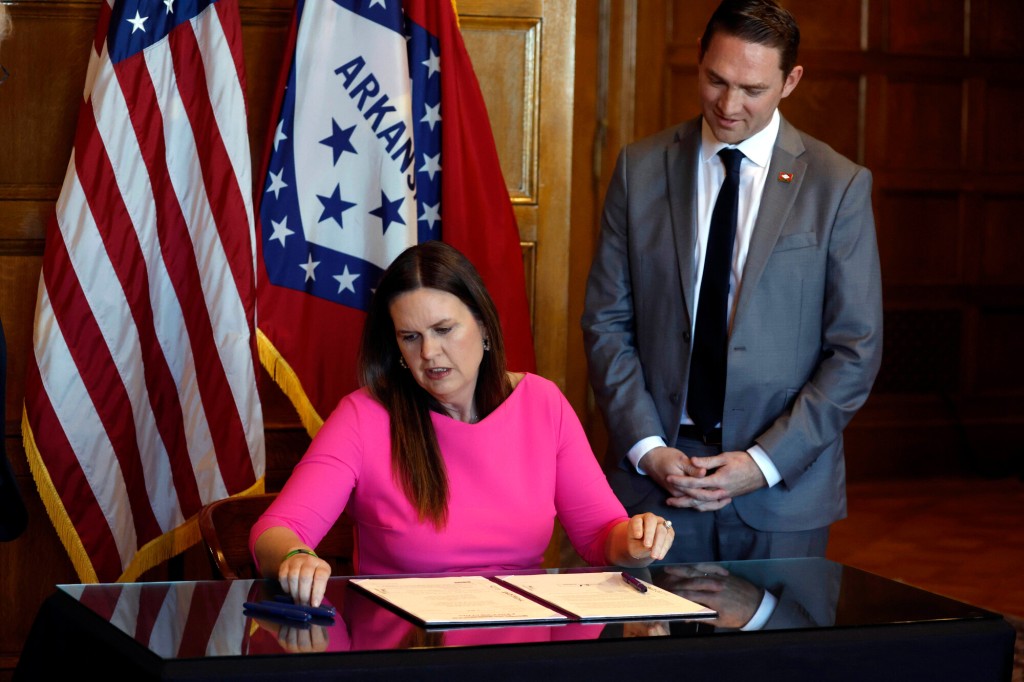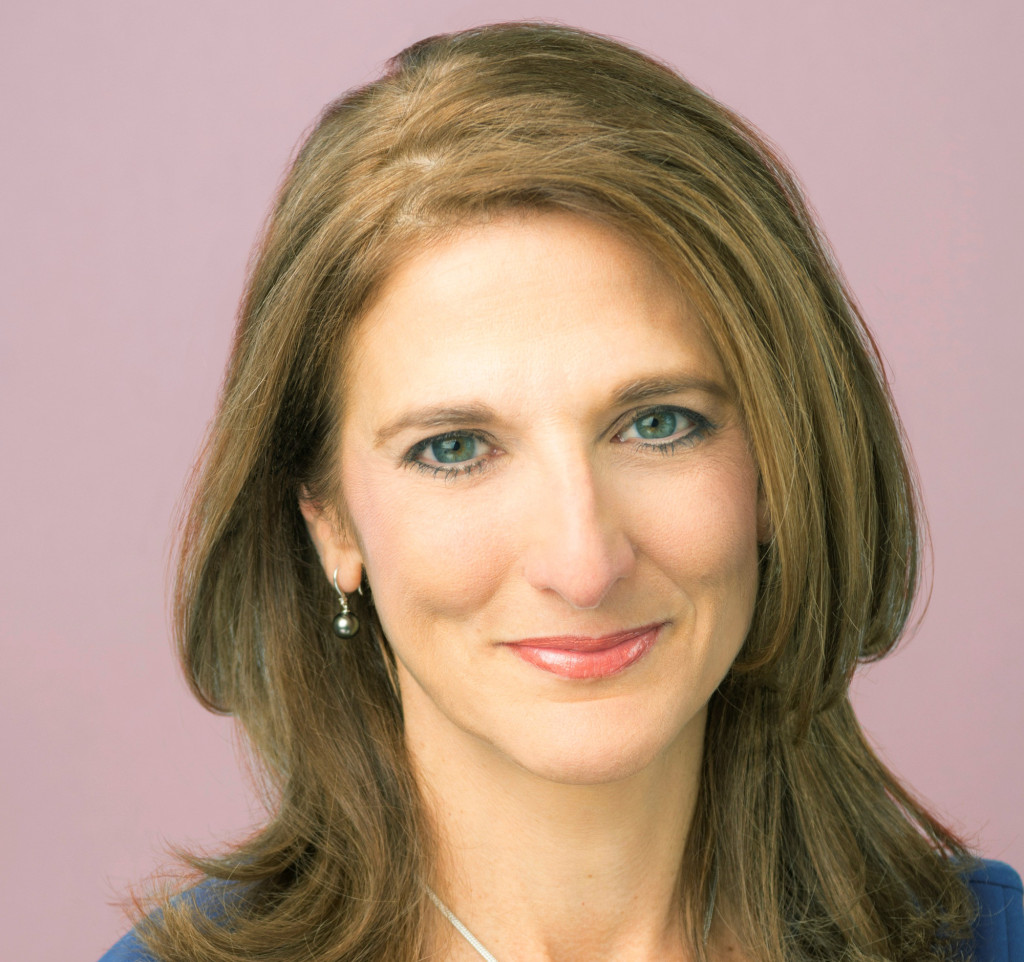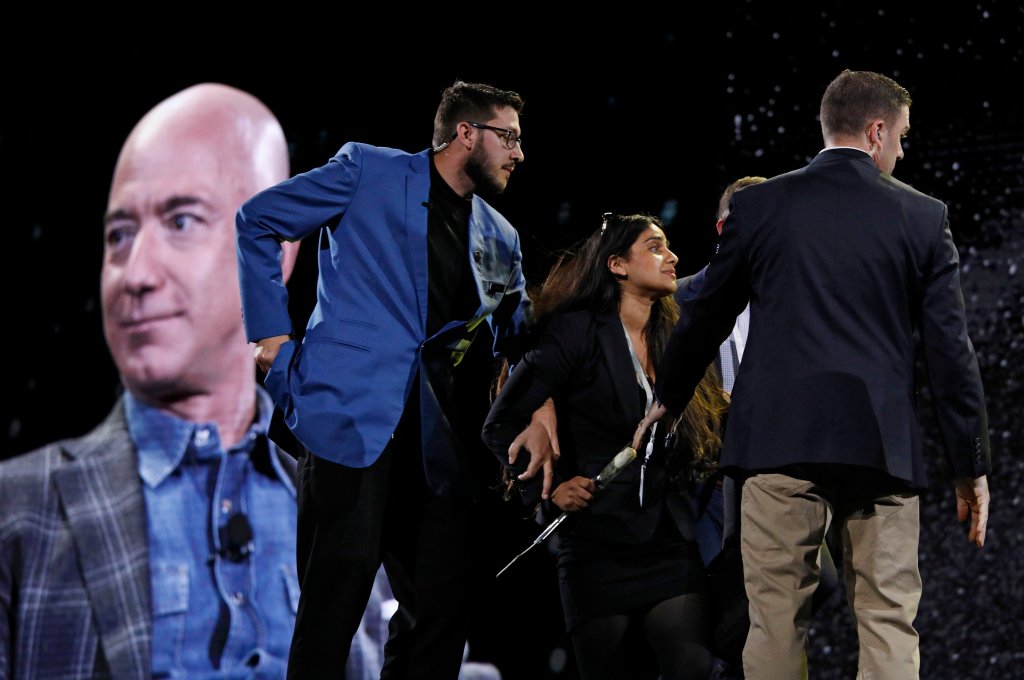By Brian Fung | CNN
Arkansas Gov. Sarah Huckabee Sanders has signed a sweeping bill imposing a minimum age limit for social media usage, in the latest example of states taking more aggressive steps intended to protect teens online.
But even as Sanders signed the bill into law on Wednesday afternoon, the legislation appeared to contain vast loopholes and exemptions benefiting companies that lobbied on the bill and raising questions about how much of the industry it truly covers.
The legislation, known as the Social Media Safety Act and taking effect in September, is aimed at giving parents more control over their kids’ social media usage, according to lawmakers. It defines social media companies as any online forum that lets users create public profiles and interact with each other through digital content.
It requires companies that operate those services to verify the ages of all new users and, if the users are under 18 years old, to obtain a parent’s consent before allowing them to create an account. To perform the age checks, the law relies on third-party companies to verify users’ personal information, such as a driver’s license or photo ID.
“While social media can be a great tool and a wonderful resource, it can have a massive negative impact on our kids,” Sanders said at a press conference before signing the bill.
Utah finalized a similar law last month, raising concerns among some users and advocacy groups that the legislation could make user data less secure, internet access less private and infringe upon younger users’ basic rights.
The push by states to legislate on social media comes after years of mounting scrutiny of the industry and claims that it has harmed users’ well-being and mental health, particularly among teens.
Despite its seemingly universal scope, however, the new law, also known as SB396, includes numerous carveouts for certain types of digital services and, in some cases, individual companies. And although its sponsors have said the law is specifically meant to apply to certain platforms, including TikTok, parts of the legislative language appear to result in the exact opposite effect.
In the final days of negotiation over the bill, Arkansas lawmakers approved an amendment that created several categorical exemptions from the age verification requirements. Media companies that “exclusively” offer subscription content; social media platforms that permit users to “generate short video clips of dancing, voice overs, or other acts of entertainment”; and companies that “exclusively offer” video gaming-focused social networking features were exempted.
Another amendment carved out companies that sell cloud storage services, business cybersecurity services or educational technology and that simultaneously derive less than 25% of their total revenue from running a social media platform.
Sen. Tyler Dees, a lead co-sponsor of the legislation, explained in remarks on the Arkansas senate floor on April 6 that the exemptions and tweaks to the bill, some of which he said were made in consultation with Apple, Meta and Google, were intended to shield non-social media services from the bill’s age requirements and to focus attention on new accounts created by children, not existing adult accounts.
“There’s other services that Google offers … like cloud storage, et cetera,” Dees said. “So that’s really the intent of carving out — like LinkedIn, that is a social — I’m sorry, that is a business networking site, and so that’s the intent of those bills.”
Microsoft-owned LinkedIn is apparently exempt from SB396 under a provision that carves out companies that provide “career development opportunities, including professional networking, job skills, learning certifications, and job posting and application services.”
Other lawmakers have questioned whether the legislation — which has now become law — exempts a giant of the social media industry: YouTube, whose auto-play features and algorithmic recommendation engine have been accused of promoting extremism and radicalizing viewers.
The confusion over YouTube appears to stem from the carveout for businesses that offer cloud storage and that make less than 25% of their revenue from social media.
What is unclear is whether YouTube is subject to SB396 because it is a distinct company within Google whose revenue comes almost entirely from operating a social media platform, or whether it is not covered because YouTube is a part of Google and Google is exempt because it derives only a small share of its revenues from YouTube.
In response to questions by CNN, Dees said SB396 targets platforms including Facebook, Instagram and TikTok, but omitted any mention of Google and declined to answer whether YouTube specifically would be covered by the law.
“The purpose of this bill was to empower parents and protect kids from social media platforms, like Facebook, Instagram, TikTok and Snapchat,” Dees said in a statement. “We worked with stakeholders to ensure that email, text messaging, video streaming, and networking websites were not covered by the bill.”
In remarks at Wednesday’s bill signing, Sanders told reporters that Google and Amazon are exempted from the law, implying that YouTube will not be subject to the age verification requirements imposed on other major social media sites.
Meanwhile, Dees’ statement appeared to contradict the language in SB396 that purports to exempt any company that “allows a user to generate short video clips of dancing, voice overs, or other acts of entertainment in which the primary purpose is not educational or informative” — content that can be commonly found on TikTok, Snapchat and the other social media platforms Deese named.
According to Meta spokesperson, “We want teens to be safe online. We’ve developed more than 30 tools to support teens and families, including tools that let parents and teens work together to limit the amount of time teens spend on Instagram, and age-verification technology that helps teens have age-appropriate experiences.”
Meta “automatically set teens’ accounts to private when they join Instagram, we’ve further restricted the options advertisers have to reach teens, as well as the information we use to show ads to teens… and we don’t allow content that promotes suicide, self-harm or eating disorders,” according to the spokesperson, who added: “We’ll continue to work closely with experts, policymakers and parents on these important issues.”
Spokespeople for Snapchat, TikTok and YouTube didn’t immediately respond to a request for comment.










